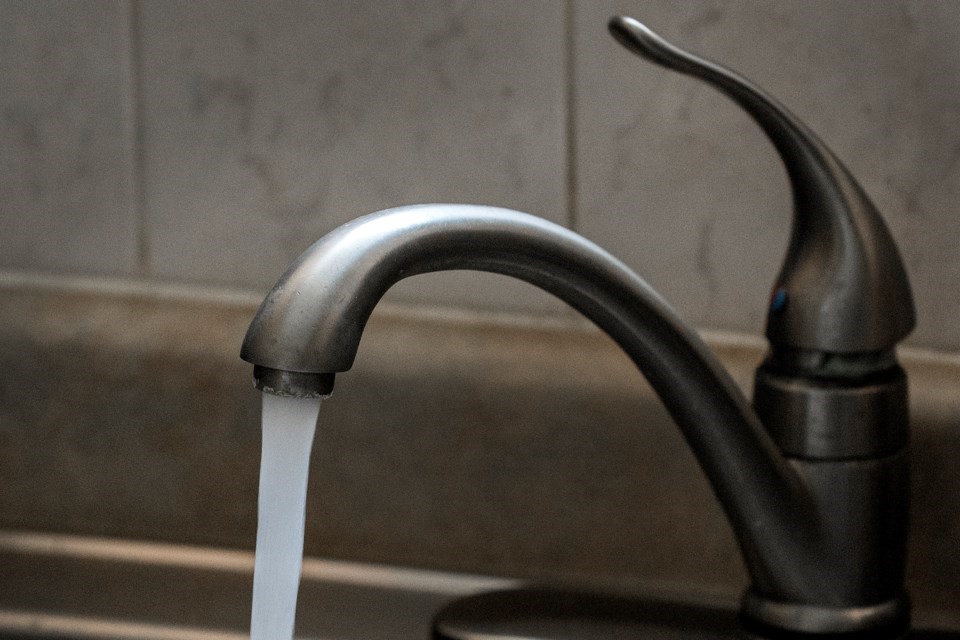EPCOR has lifted the ban on non-essential water use for residents and businesses in the Edmonton region, including St. Albert.
The ban was put in place on Monday afternoon after some electrical cables at the E.L. Smith Water Treatment Plant were damaged earlier that day, resulting in a complete electrical failure for the plant's water distribution system, reducing the company's ability to meet water needs for the region.
Frank Mannarino, EPCOR's senior vice-president of water services, told media on Friday morning that repairs at the plant have now been completed, and the company is working to restore water reservoirs throughout the region.
“While we're still restoring supplies in the reservoir system, we're comfortable at this point that the system has stabilized enough that we can lift the water restrictions,” Mannarino said. “We know this has been a difficult week for residents and for businesses in our area, and we didn't take these measures lightly.”
“Together, everyone's conservation efforts saved more than 100 million litres of water this week and this helped us keep the water system running while we made the critical repairs.”
The company's director of water treatment plants, Vicki Campbell, said the company plans to “launch a full review” of the situation so that the company can ensure procedures, parts, and plans are in place to prevent a similar situation from occurring again in the future.
“It could've been worse,” Campbell said, adding that it has been determined the electrical failure was caused by water entering a vault that houses “high voltage electrical cables.”
“These cables feed 4,000 horsepower pumps, which supply water into the distribution system,” she said. “This contact resulted in the failure of major electrical components at the E.L. Smith Water Treatment Plant, but the production side of the plant was still operational, so clean safe water was still being produced, we just couldn't get it into the system.”
“While we're lifting the ban, we still encourage everyone to practice smart water use and spread out any activities using water as we were still recovering the system at full capacity at this time.”
Campbell also said EPCOR had a team of about 30 people working “around the clock” on the repairs, and another 50 or so people were supporting repair efforts by producing things like engineering models.
Responding to questions from reporters, Mannarino said the cost of repairs were “relatively low,” but he didn't provide an exact number.
“I'd say there isn't going to be a material impact from that perspective,” he said, adding that it's believed the incident wasn't caused by human error.
“I can tell you that it's not an incident where somebody pressed the wrong button or something like that,” he said. “It's related to the immediate condition of the physical assets.”
“We're going to look deeper than that in terms of our own history and how we got here and what we did and decisions made along the way, and some of them may go back many, many years — that plant has been in operation for decades.”
The Gazette has reached out to the City of St. Albert to see if the city plans to rescind its own water demand management measures that were enacted on Monday, in line with EPCOR's ban on non-essential water use, but has yet to receive a response.
The city's water demand measures are largely limited to stopping some city operational activities, such as flooding outdoor rinks, flushing fire hydrants, and filling pools.
The Gazette will have further updates on the city's plans once they're known.




